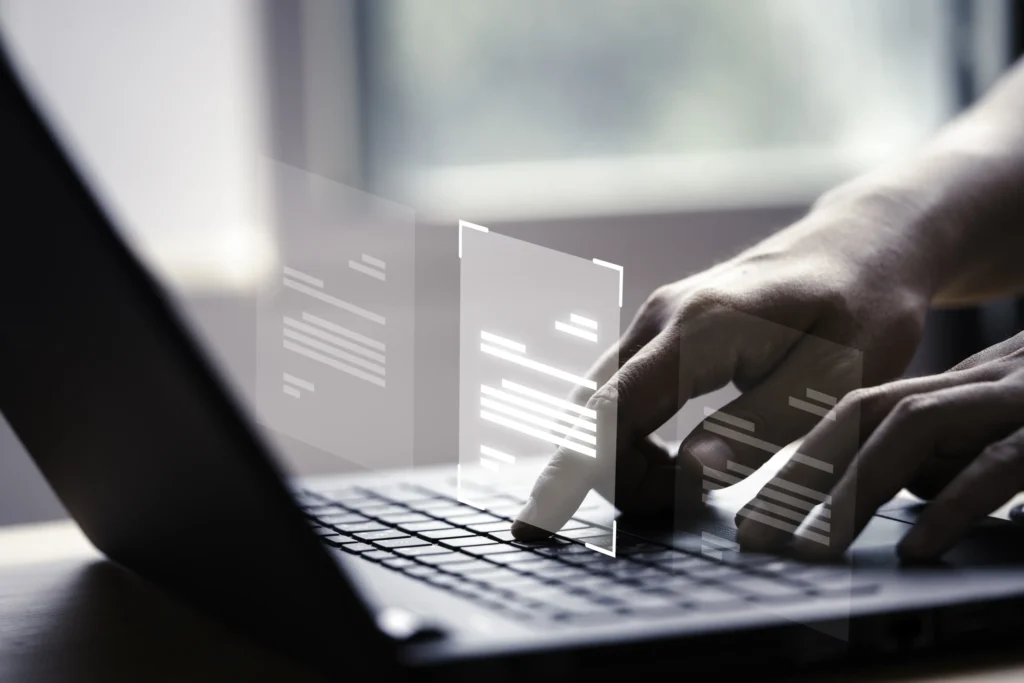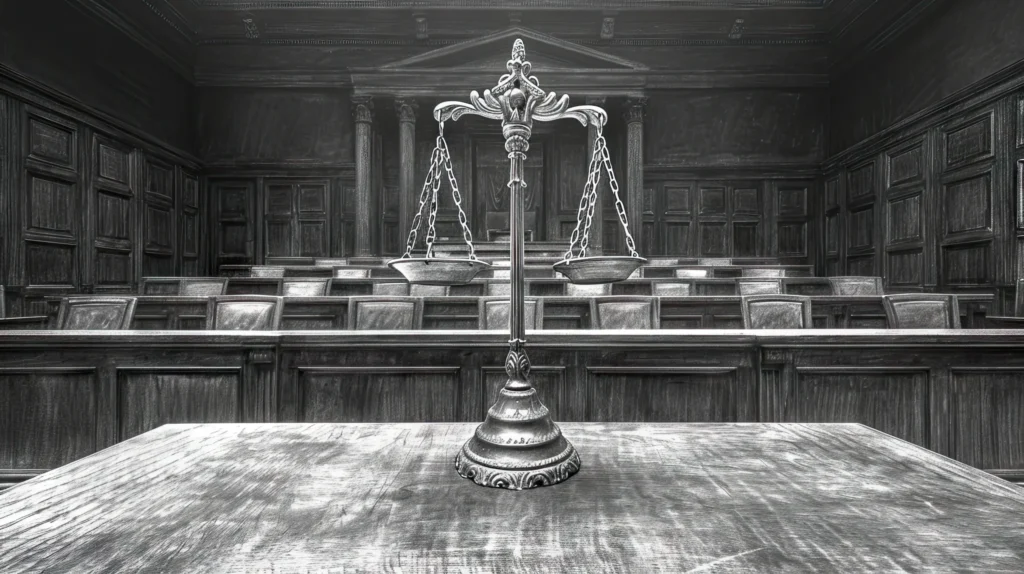Blockchain and RWAs: Real Fix for Finance or Just Another Crypto Dream?
Let’s not sugarcoat it: the blockchain RWA impact is one of the hottest topics in Web3 right now. Everyone from DeFi maximalists to buttoned-up bankers suddenly cares about tokenized buildings, tokenized invoices—heck, even tokenized cows.
But amid all the whitepapers and PR hype, a real shift is happening. It’s early, it’s imperfect, and yes, it’s still a bit messy—but ignoring it would be a mistake.
So let’s dig in—minus the fluff.


Why Bother Tokenizing a Warehouse (or a Watermelon)?
Here’s a question more people should ask: why are we doing this at all?
Because frankly, the old system is broken. Try refinancing a property across borders. Or selling a loan. Or getting funding for a farm in a country where nobody trusts the paperwork. The legacy rails are clogged with bureaucracy, fees, and friction.
Tokenizing real-world assets (RWAs) doesn’t magically fix all that—but it’s a start. Suddenly, you’ve got a smart contract instead of a stack of notarized PDFs. You’ve got round-the-clock liquidity (in theory), and a global investor base. And yes, some of it feels like a buzzword buffet—but there’s something real underneath.
Pilot programs across Europe and Asia are already letting people buy slivers of high-end real estate with just a few taps. That’s not speculation—that’s operational.

Blockchain RWA Impact: Flashy Headlines or Foundational Shift?
Let’s get into what actually works—and where the promise gets real.
1. Access for the Many
This is the part the big institutions quietly fear: blockchain breaks open the club. A student in Nairobi could invest in carbon credits from Brazil. A mechanic in Malaysia might own a fraction of a Manhattan hotel. That’s powerful stuff.
2. Transparency That Actually Matters
Forget the utopian slogans—on-chain transparency means fewer excuses. No more blaming “missing documents” or obscure intermediaries. This changes not just how assets are tracked, but how deals are enforced.
3. Liquidity You Don’t Have to Beg For
We’ve lived in a world where selling a building can take months. Tokenization turns that into a weekend process—if the rails and buyers exist. Some markets aren’t there yet—but the fact that this is even possible? Wild.


Let’s Talk About What’s Broken
Now, I’m not here to peddle Kool-Aid. There’s plenty to worry about.
Legal Limbo
This is the elephant in the room. A token on Ethereum might say “you own this,” but what happens in court when the building floods? The law hasn’t caught up—and cross-border cases are a nightmare. You’d better believe regulators are watching, and they’re not exactly known for moving fast.
Offline Headaches Still Exist
A tokenized warehouse is still… a warehouse. Someone needs to mow the lawn, pay the taxes, deal with mold in the basement. Tokenization doesn’t erase physical-world friction—it just makes it easier to track and trade.
Trust Is Still Fragile
The crypto industry burned a lot of bridges. FTX, Luna, rug pulls—it’s a parade of broken trust. Now we want pension funds and real estate moguls to hop on-chain? Not so fast. There’s still a serious trust deficit to overcome.


Where Does It All Go From Here?
We’re at the “dial-up internet” stage of tokenized RWAs. The potential is obvious; the user experience is… not. And frankly, the ecosystem is still a little awkward.
What’s next? Stronger legal frameworks. Interfaces that don’t require a MetaMask tutorial. Maybe even custodians who understand both real estate deeds and private keys. Until then, it’s mostly sandbox experiments with a few early wins.
But here’s the part I can’t shake: the direction is clear.
When someone can buy 0.1% of a Tokyo apartment with two clicks—or finance a solar project in Kenya without begging three banks for permission—that’s a game-changer. Not for tech’s sake. For equity. For efficiency. For sanity.
Final Thoughts: The Blockchain RWA Impact Deserves Your Attention
Is all this overhyped? Sometimes, sure. But dismissing it entirely misses the point.
The blockchain RWA impact is about much more than crypto—it’s about fixing a creaky, exclusionary, expensive system and replacing it with something… smarter.
It won’t happen overnight. It may not happen evenly. But it is happening. And if you care about where finance is going, you should care about this.
Because this isn’t just about tokenizing assets. It’s about rethinking ownership—and opening doors that used to stay locked.
Relevant Link : Understanding Blockchain’s Impact on Real-World Assets (RWA)




